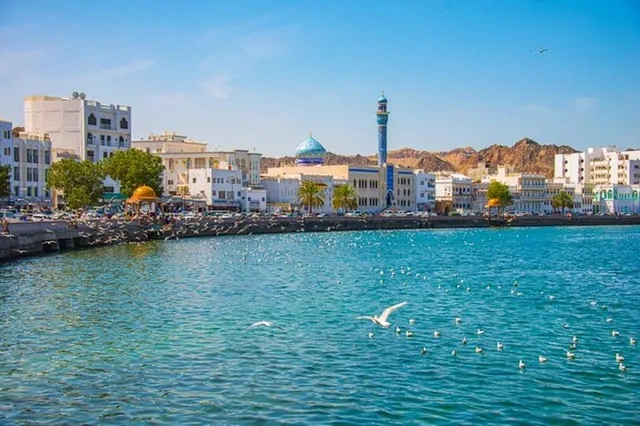Oman Vision 2040 is a strategic roadmap that outlines the country’s socio-economic development plans for the next two decades. Launched to diversify Oman’s economy and reduce its dependence on oil revenue, the vision encompasses reforms across various sectors, including healthcare, education, environment, and technology. At its core, Oman Vision 2040 aims to transform the nation into a knowledge-based economy by promoting sustainable development, human capital growth, and digital transformation.
Unveiling the Ambitious AI Programme
In alignment with Vision 2040, Oman has recently introduced an ambitious Artificial Intelligence (AI) programme, designed to accelerate digital transformation and position the country as a competitive player in the global digital economy. This initiative emphasizes the adoption of advanced technologies, particularly AI, across government sectors, industries, and services. The AI programme, unveiled by Oman’s Ministry of Transport, Communications, and Information Technology, aims to integrate AI into daily operations, drive innovation, and optimize services in healthcare, education, logistics, and energy.
The AI initiative also prioritizes local talent development. Oman is investing in education and training programmes to build a skilled workforce capable of supporting AI research and development, thus fostering an environment that encourages digital literacy and technical expertise. This investment is aimed at creating job opportunities in high-tech sectors and preparing Oman’s workforce for a data-driven future.
Driving Digital Transformation and the Digital Economy
Through the AI programme, Oman seeks to stimulate growth in its digital economy. By enhancing productivity, enabling automation, and facilitating data-driven decision-making, the country aims to boost its economic competitiveness. This will be achieved by promoting AI adoption in various industries, allowing businesses to innovate and improve efficiencies. Key initiatives include digitizing government services, which are expected to streamline processes, enhance accessibility, and improve the quality of public services.
In addition to strengthening the digital economy, Oman’s AI programme targets the development of robust AI infrastructure, such as high-performance computing capabilities and data centers, to support the extensive processing needs of AI technologies. The government also plans to encourage partnerships with international tech companies and research institutions, fostering an ecosystem of collaboration and knowledge exchange that will further accelerate AI integration throughout Oman.
Challenges and Opportunities
While Oman’s Vision 2040 and the AI programme set an ambitious course, challenges remain. Building AI capabilities necessitates significant investment in infrastructure, education, and regulatory frameworks. Oman will need to ensure cybersecurity measures and data privacy protections to build trust in AI systems among its citizens and international partners.
However, these challenges also present opportunities. The AI programme has the potential to position Oman as a tech leader in the Middle East, attracting foreign investments, fostering innovation, and creating a model for AI-driven growth. By harnessing AI responsibly and ensuring inclusivity in digital advancements, Oman can achieve substantial socio-economic benefits.
Oman’s Vision 2040, combined with the new AI programme, reflects the nation’s commitment to digital transformation and sustainable economic growth. This initiative is expected to empower local talent, encourage innovation, and modernize key sectors. With careful planning, strategic investments, and a focus on building an inclusive digital society, Oman is positioning itself to become a leader in the digital economy and a competitive player on the global stage by 2040.















